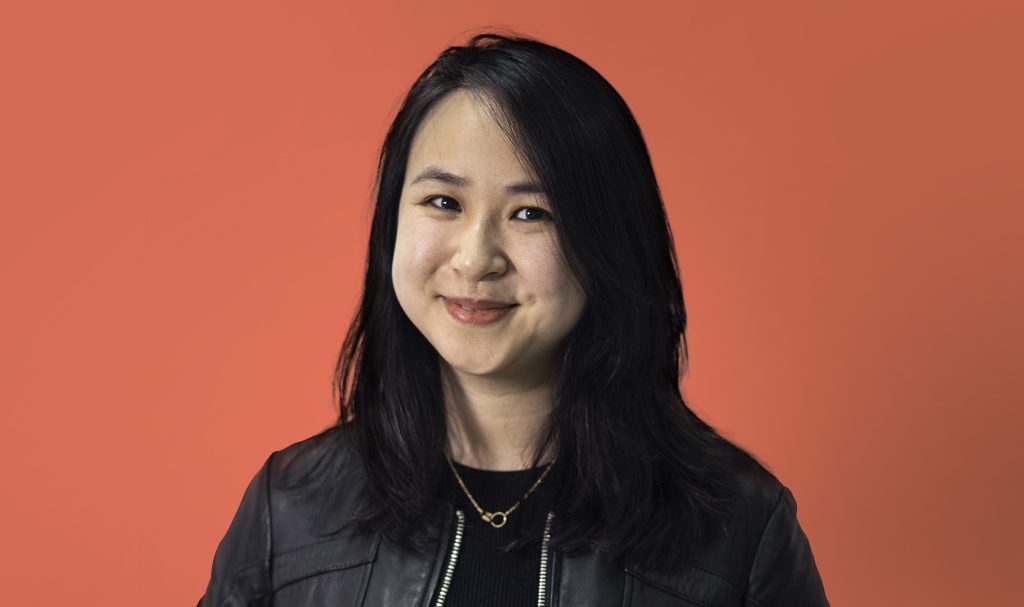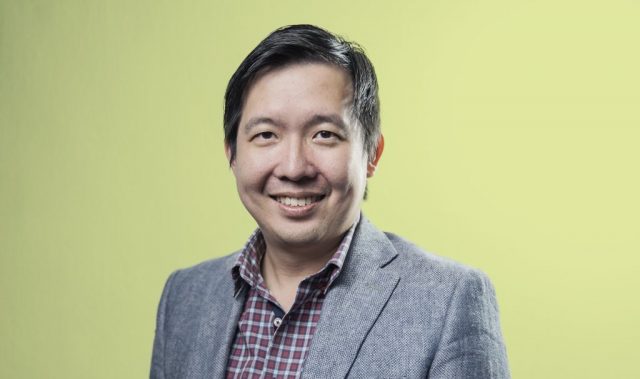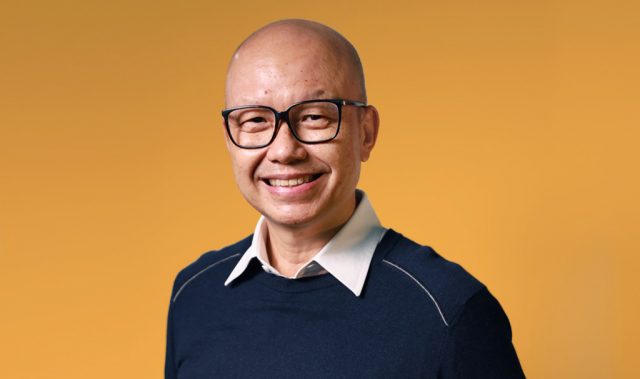
AsianScientist (Apr. 9, 2021) – Though now ubiquitous in our modern world, many familiar innovations like smartphones and vaccines were once figments of the imagination. Similarly, deep technologies like 3D printers, autonomous surveillance drones and wearable health devices have quickly advanced from research labs to become fixtures in everyday life. While such inventions are already catalyzing change in diverse sectors, making a large impact often requires large investments.
Funding for deep tech startups has grown steadily in Singapore since 2017, and yet the journey from idea to market-ready innovation remains arduous. When faced with pressing questions like who to partner with and how to develop prototypes, even the most enthusiastic entrepreneurs may not have experience or resources to attract investments straight away.
Entrepreneur First (EF) takes an alternative approach to investment—putting its faith not in polished ideas, but in people with potential. According to Singapore General Manager Ms. Bernadette Cho, talented individuals gain access to networking opportunities, intensive training and funding resources during EF’s six-month program.
“This approach allows us to back individuals who have enormous potential and empower them to build a deep tech company from scratch,” shared Cho. “We want to offer them the best platform from which they can create impact and change the world.”
Although accelerators generally act as early-stage supporters to develop young companies, EF uniquely invests in prospective leaders even before a company has been formed. In building each cohort, Cho and her team provide avenues for individuals to find compatible co-founders and turn their shared visions into reality.
Within this network, a computer scientist might partner up with a marketing specialist, while a medical expert could seek someone with the technical skills to engineer a healthcare application.
During the latter phase of the program, Cho explained that the startup teams are closely mentored by venture partners and finally pitch their solutions to global investors such as LinkedIn co-founder and executive chairman Reid Hoffman and Demis Hassabis, CEO of artificial intelligence (AI) company DeepMind.
By facilitating a third of Singapore’s angel investment and seed deals in the last three years, EF has helped launch various inventions, ranging from atomic sensing and navigation solutions to an AI-powered curation tool for the music industry. With an eye for the extraordinary, Cho is always on the lookout for entrepreneurs who have the urgency to solve pressing issues using deep tech.
“Founders need to be influential leaders who can inspire others to believe in a collective vision. Only then can they effectively build a strong team to grow their company and attract both investors and business partners,” she added.
Given the fast-evolving nature of the deep tech industry, Cho also emphasized the value of grit and adaptability. As they reel from by COVID-19’s economic impacts, investors will likely be more conservative with funding, leading to a prolonged development timeline for budding companies.
Just as pandemic disrupted the status quo, Cho is looking at deep tech startups to respond and harness innovation to solve new and previously neglected problems. Recognizing these gaps, EF continues to be a gateway for talent to enter the deep tech landscape.
Among the standouts in EF’s seventh cohort in Singapore include DiviGas, which has developed a nano-molecular membrane to retrieve and reuse hydrogen in industrial processes. Generating petroleum products not only uses up—and wastes—significant amounts of hydrogen, but also releases tons of carbon dioxide as a by-product. By recycling hydrogen, their membrane helps save energy and reduces carbon emissions from refineries.
Meanwhile, in the healthcare arena, Origin Health is augmenting pregnancy ultrasound scans with AI. While ultrasound scans are commonly used worldwide to screen for birth defects, trained clinicians that can reliably perform such screenings are in short supply. With Origin Health’s AI platform, clinicians performing ultrasound scans can triage and flag high-risk pregnancies in a matter of seconds.
“Despite facing limitations in the middle of the pandemic, they were still able to develop market-leading solutions that have gained both local and global traction,” said Cho.
Indeed, rather than be dissuaded by risks and limitations, Cho hopes that the current circumstances will be a call to action for people to create game-changing innovations. For her, supporting purpose-driven individuals from day one will foster the growth of the deep tech ecosystem in the long run.
“Aspiring founders should be willing to bet on themselves and parlay the valuable expertise they have into realizing their own passion,” Cho concluded. “They have to create meaningful impact in their communities while developing commercially-viable solutions.”
———
Copyright: Asian Scientist Magazine.
Disclaimer: This article does not necessarily reflect the views of AsianScientist or its staff.












